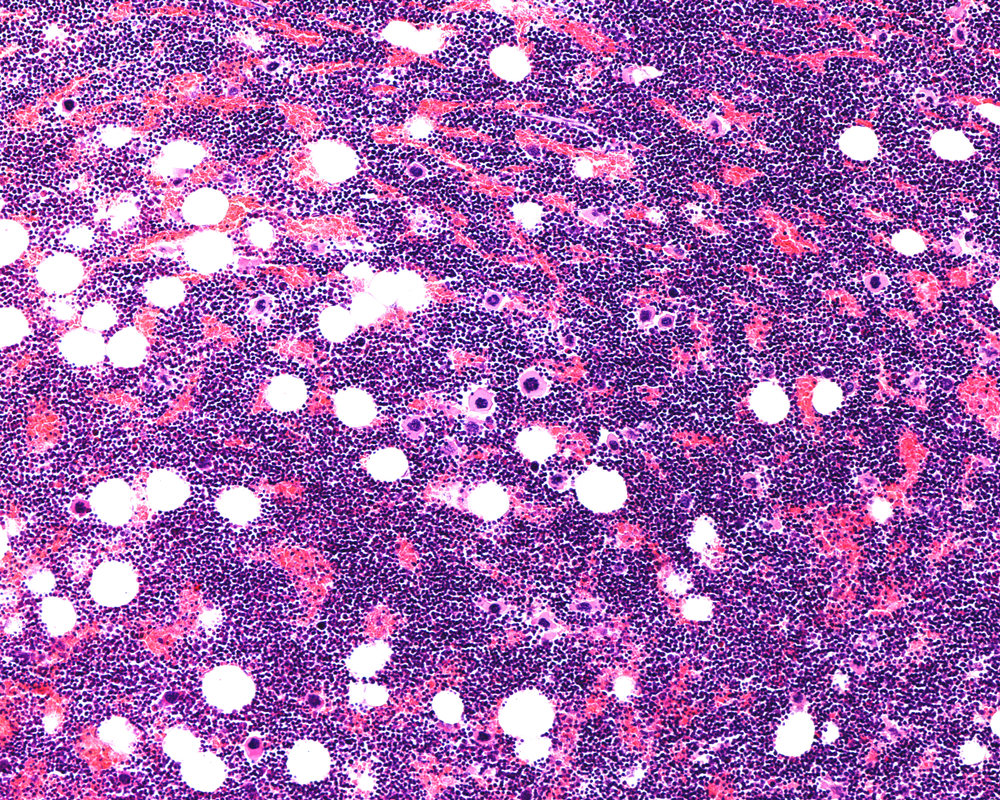Our bodies are one miracle machine. We are a collection of trillions of specialized cells, all working diligently away to make you up as a human being. These cells split apart, die off, and renew, over and over again.
Sometimes, however, they don’t get it just right. When a cell is damaged or diseased, it cannot replicate properly and, as a result, dies off. One cell here and there isn’t too much of a problem, but many over time? We’d fall apart shortly after we were born.
So what’s stopping that? Stem cells.
What are stem cells, you may ask? They are blueprint cells that can quickly convert into other specialized cells as needed. There are many different kinds in the adult body, with some capable of becoming blood cells, others tendon or nerve cells.
Today, we’re going to get into those blood cells and specifically what are hematopoietic stem cells, their uses, and their importance in the world of regenerative medicine:
What Are Hematopoietic Stem Cells?
Haematopoiesis is the official term for the formation of blood cells, and HSCs are a key ingredient in the process. While you can find these stem cells in the blood, they are more commonly sourced from bone marrow cells, where they reside in abundance.
An additional key source of these cells can also be found in umbilical cord blood. This cord blood, however, typically lacks the surface proteins that make it likelier that the recipient immune system attack.
Regardless of the source, these HSCs are self-renewing, mean they divide and replenish their own population so you continue to have access to stem cells throughout your life. Adding to this number with stem cell treatments simply means your body has access to a larger pool of stem cells.
Once this peripheral blood is collected, screened, purified, and then prepped for injection, it can be used to help replenish:
- Red Blood Cells: Bone marrow cells are used particularly to help those who need to replenish their own red blood cell count.
- White Blood Cells: These hematopoietic progenitor cells can also differentiate into white blood cells, which are essential for immune function.
- Platelets: These are what help the body form blood clots and prevent excessive bleeds if you are injured. Just like with red and white cells, HSCs can also be used to replenish your platelet stock.
Importance of A Steady Supply of HSCs
HSCs undergo a series of very controlled, strictly managed cell divisions where they take small steps from a stem cell to a blood cell or platelet cell. The body, however, does this all on its own, allowing it to provide your system with a steady supply of the cells it needs.
This is critical, as a steady supply of healthy blood is necessary for:
- Oxygen Transportation – Red blood cells are responsible for carrying oxygen throughout all tissue in the body. They also bring along vitamins and nutrients, fully nourishing your system from top to bottom.
- Immune Defense – White blood cells are your body’s most effective defense, and increasing their number can help you battle off infections and diseases.
- Blood Clotting – if injured, blood clotting is essential to protect your life. Even large injuries bleed less with a healthy supply of platelets.
What Conditions Can HSCs Help With?
Bone marrow cells can help you recover or at least manage several very dangerous, and deadly blood conditions. Increasing the number of hematopoietic progenitor cells can help your body recover from:
- Leukemia: One of the most notable cancers that is treated with stem cell therapy is leukemia. Since this cancer impacts both blood and bone marrow, new, healthy cells are essential to increase survival rates.
- Anemia: Anemia is a condition where you have a lack of red blood cells in the body. Boosting your body’s collection of stem cells can help you counteract your anemia entirely.
- Sickle Cell Disease: This genetic blood disorder affects how red blood cells mature, changing their shape entirely. With healthy stem cells, your body can start producing healthy red blood cells.
HSC Treatment Coverage
HSCs are extracted from peripheral blood, which is a blood stem donation and a standard procedure for bone marrow transplants. Currently, the use of HSCs are the only type of treatment currently approved by the FDA, which means if you have one of the above conditions you should be able to get your treatment covered.
All other types of stem cell treatments are currently elective, meaning you will have to pay the stem cell therapy cost yourself. This may very well likely change in the future, however, as more studies concerning the effects of stem cells come out. Additionally, as the science behind stem cell therapy expands, the interest and then the cost of the treatment is sure to come down.
For now, howoever, you can either pay for your elective treatments out of pocket, or through a payment plan. To learn more specific information as it relates to your case, get in touch with our team.
Other Types of Stem Cells and Their Uses
Now, hematopoietic stem cells absolutely have their place in regenerative medicine, but that doesn’t mean it’s the only option. For example, we here at Bioxcellerator don’t use hematopoietic stem cells typically, but another type of cell that’s officially referred to as chondrocytes.
What are stem cell injections from our clinics made from? We source our stem cells from Wharton’s Jelly, which is found around donated umbilical cords. The reason why we chose this option is because it’s a juvenile cell, meaning it’s more likely to be accepted by patient’s bodies as it lacks a few identifying proteins.
If you are interested in how hematopoietic cells from cord blood, or chondrocytes from Wharton’s Jelly can help your condition, then get in touch with our team. So long as you are located within the locations we cover, or are willing to go the distance, we can book you in for a consultation where you can learn more about how a stem cell transplant can help you, specifically.


